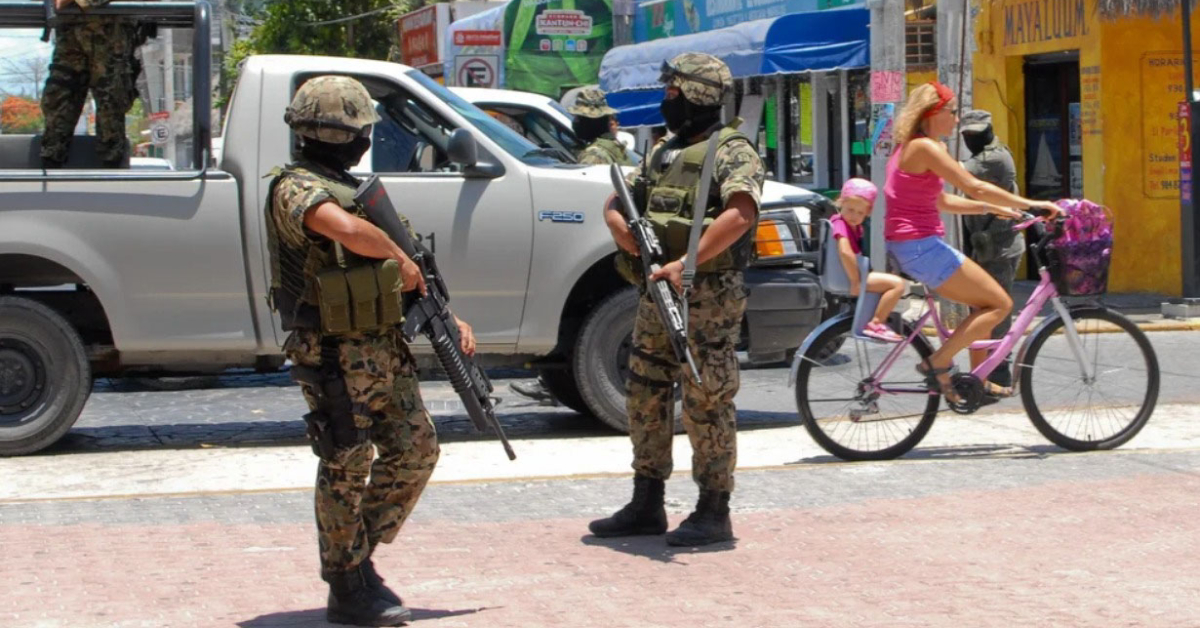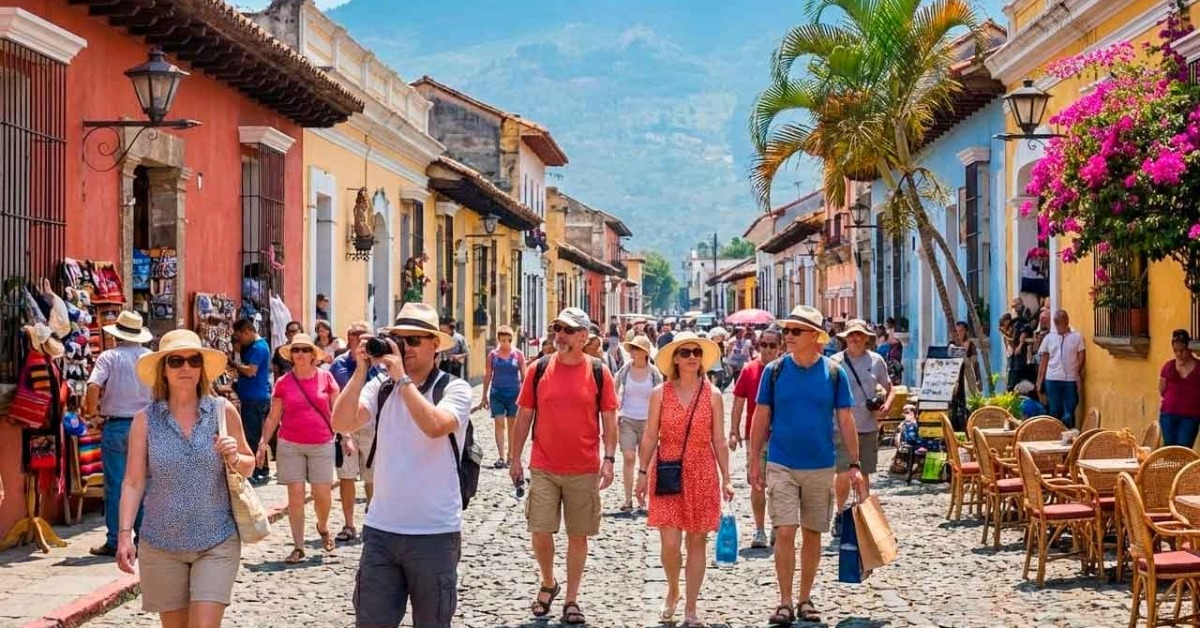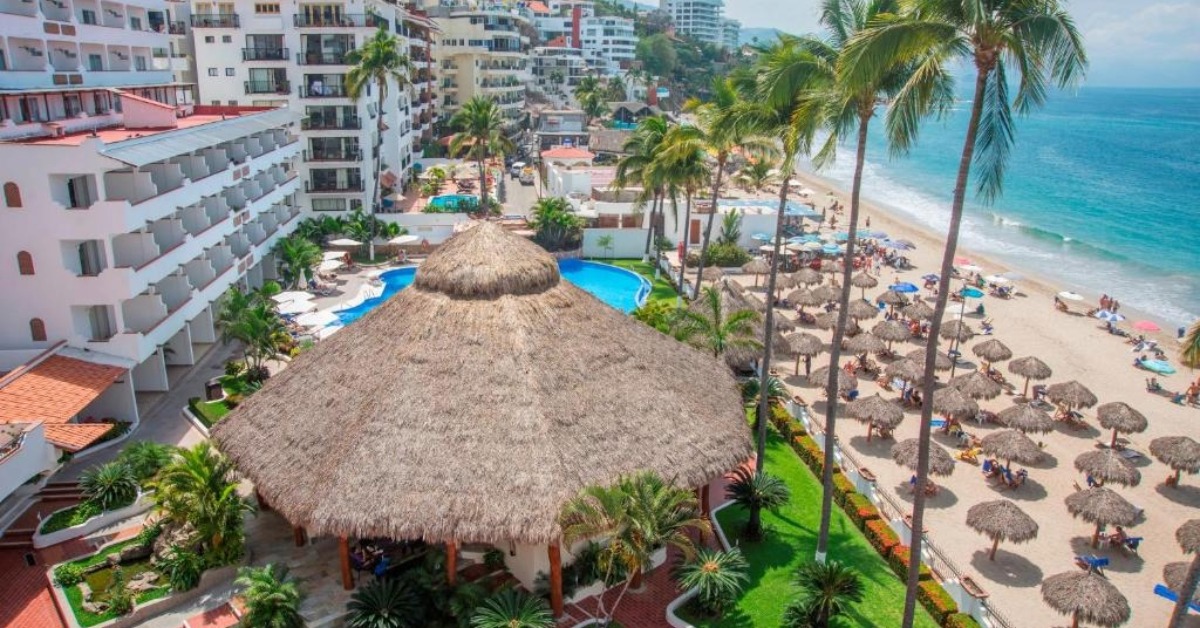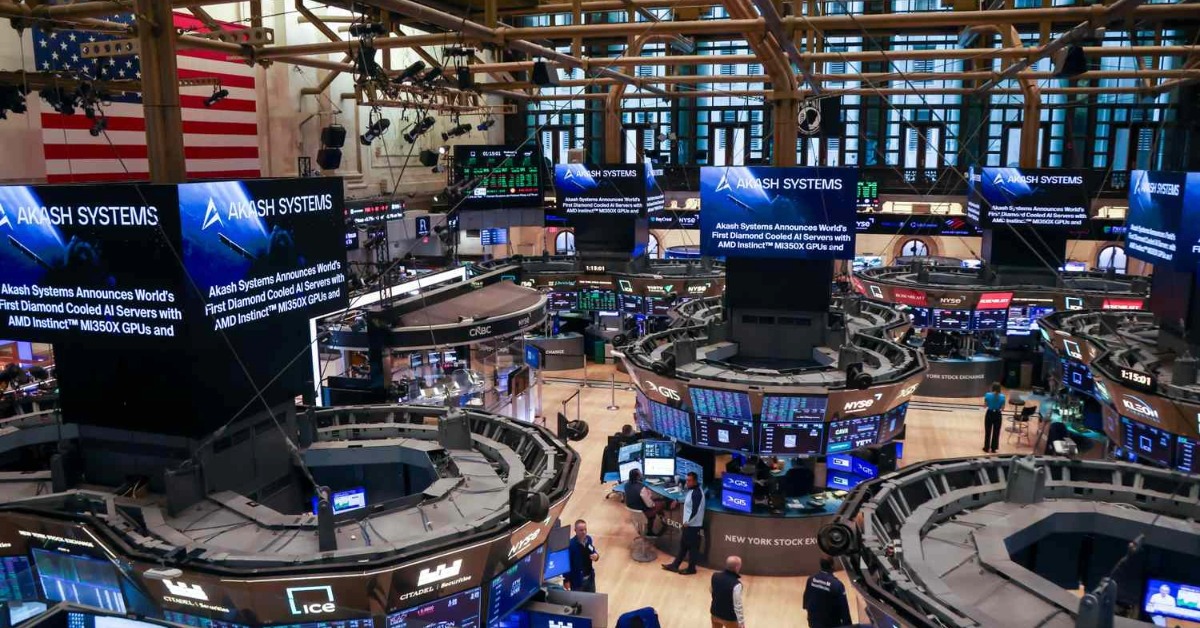The majority of Mexicans endorse the participation of the armed forces in public security tasks in order to combat organized crime, even with evidence of corruption and military involvement in kidnappings and killings.
According to the survey prepared by Buendía and Márquez for El Universal, 51% of the Mexicans who participated in the survey said they were "very much in favor" of greater participation of the military in the fight against organized crime, and 29% stated "somewhat in favor", while 10% said they were "very much against" and 7% "somewhat against".
The survey . . .






